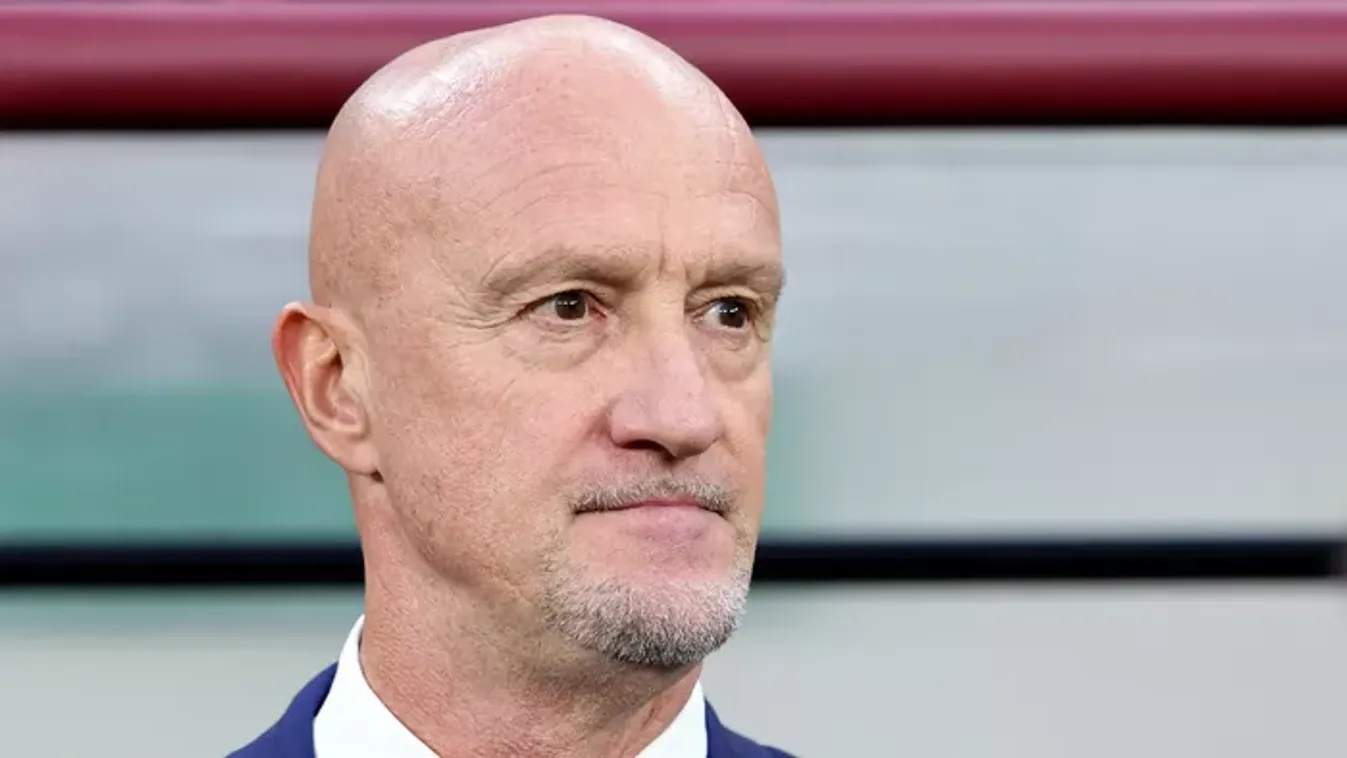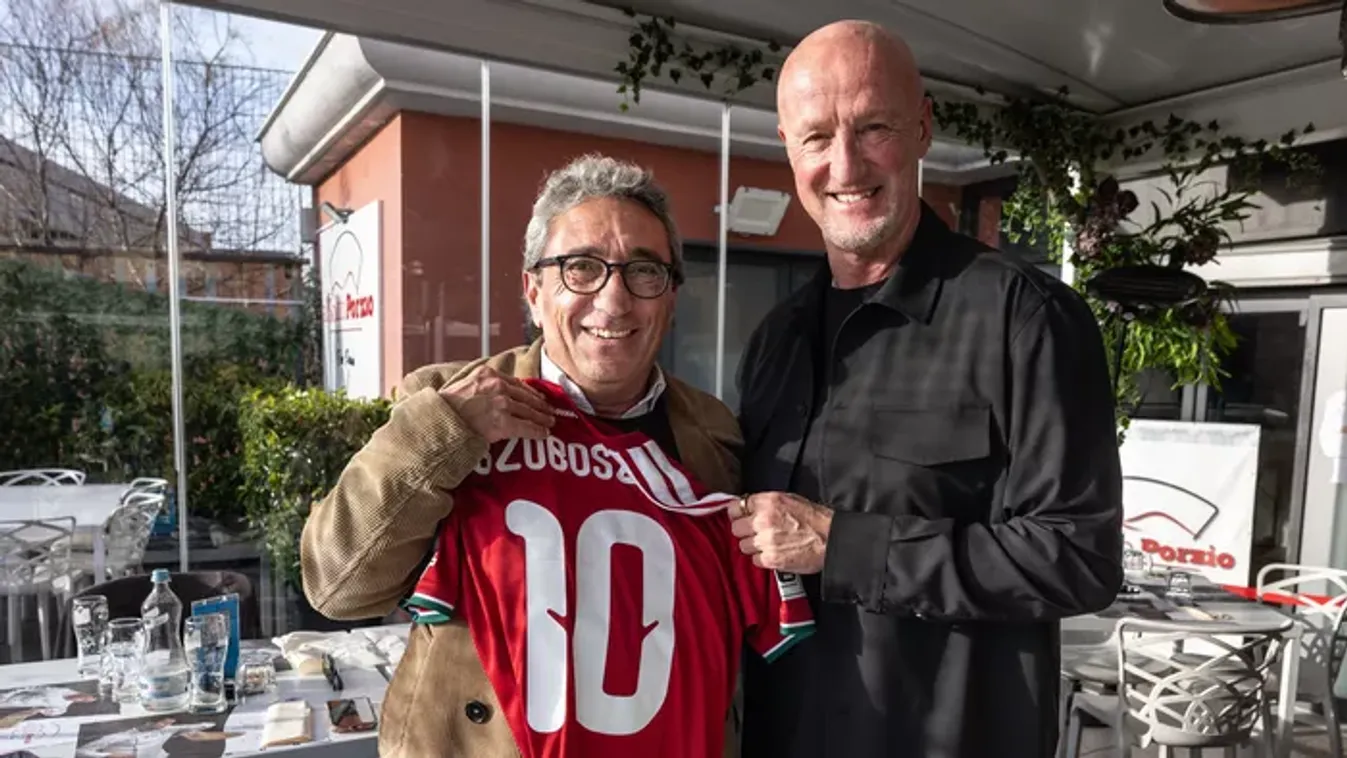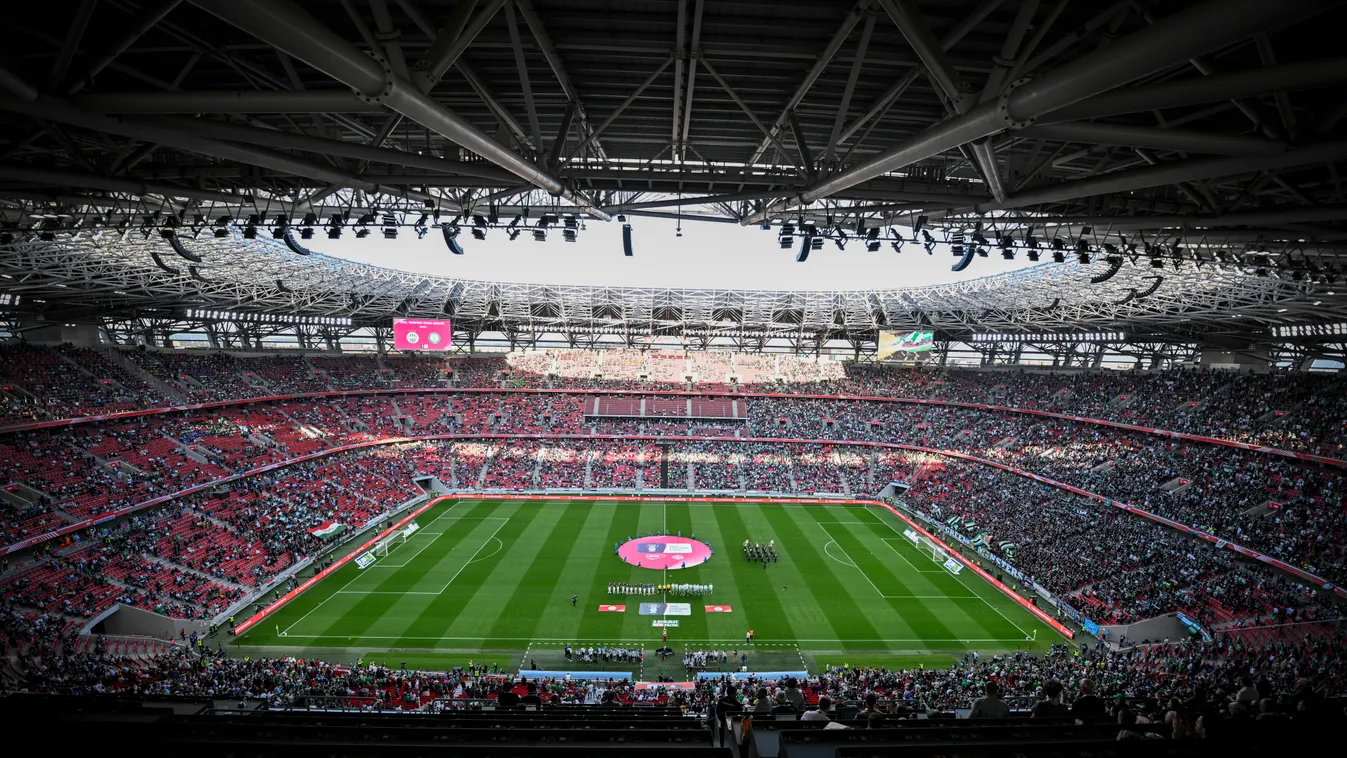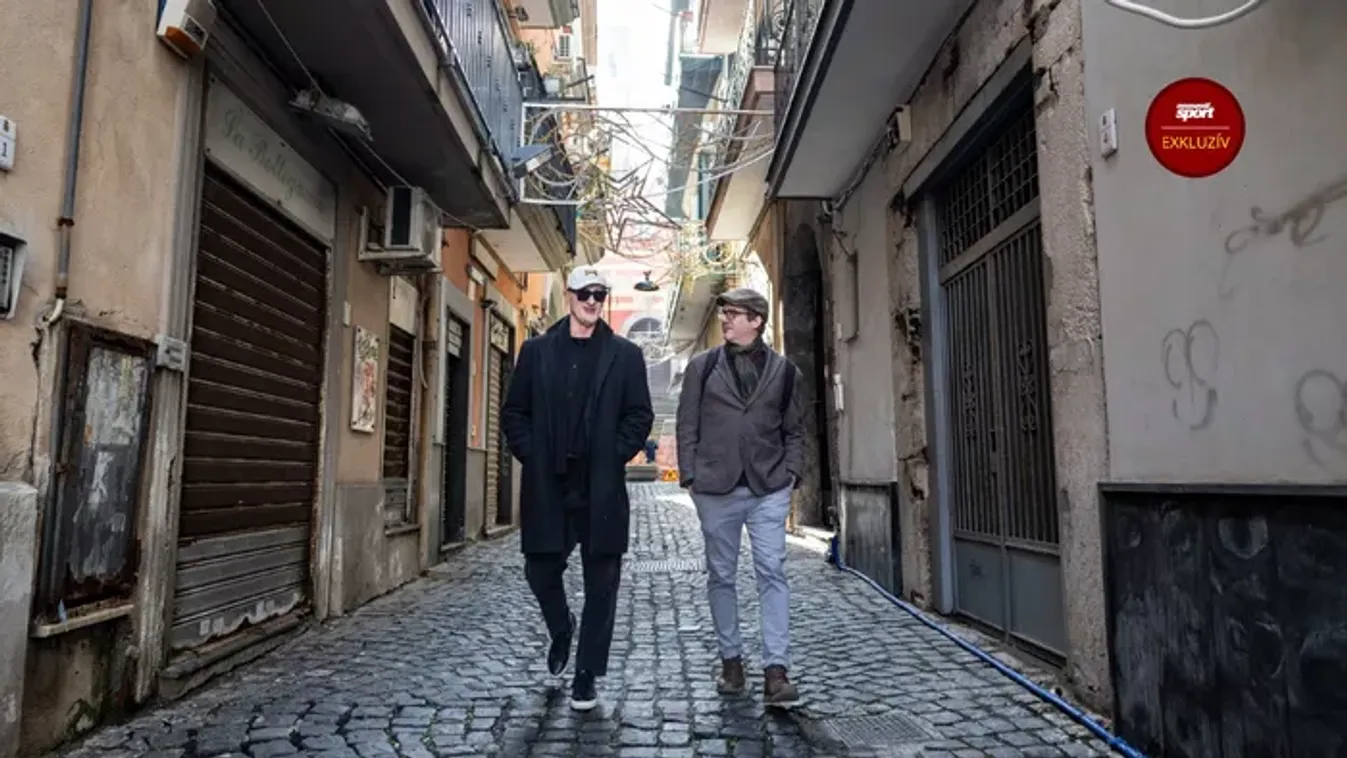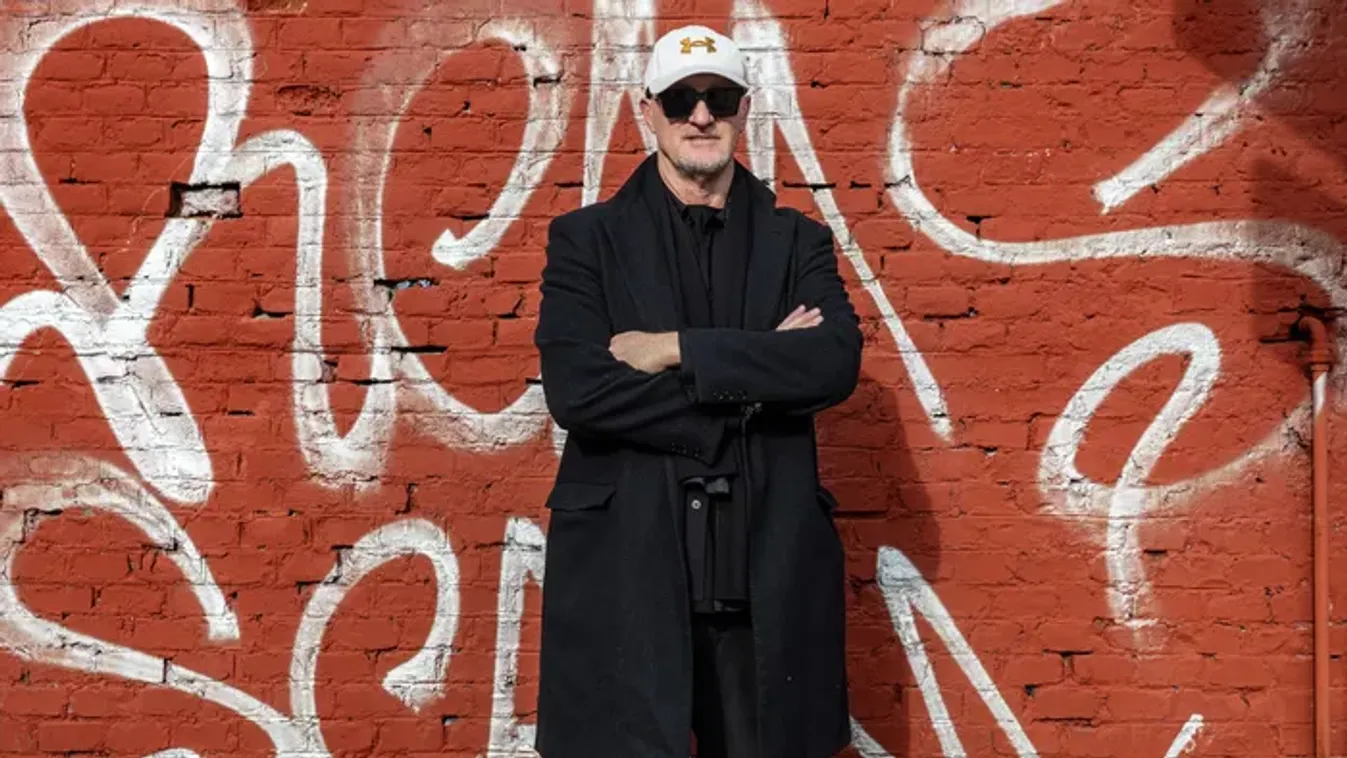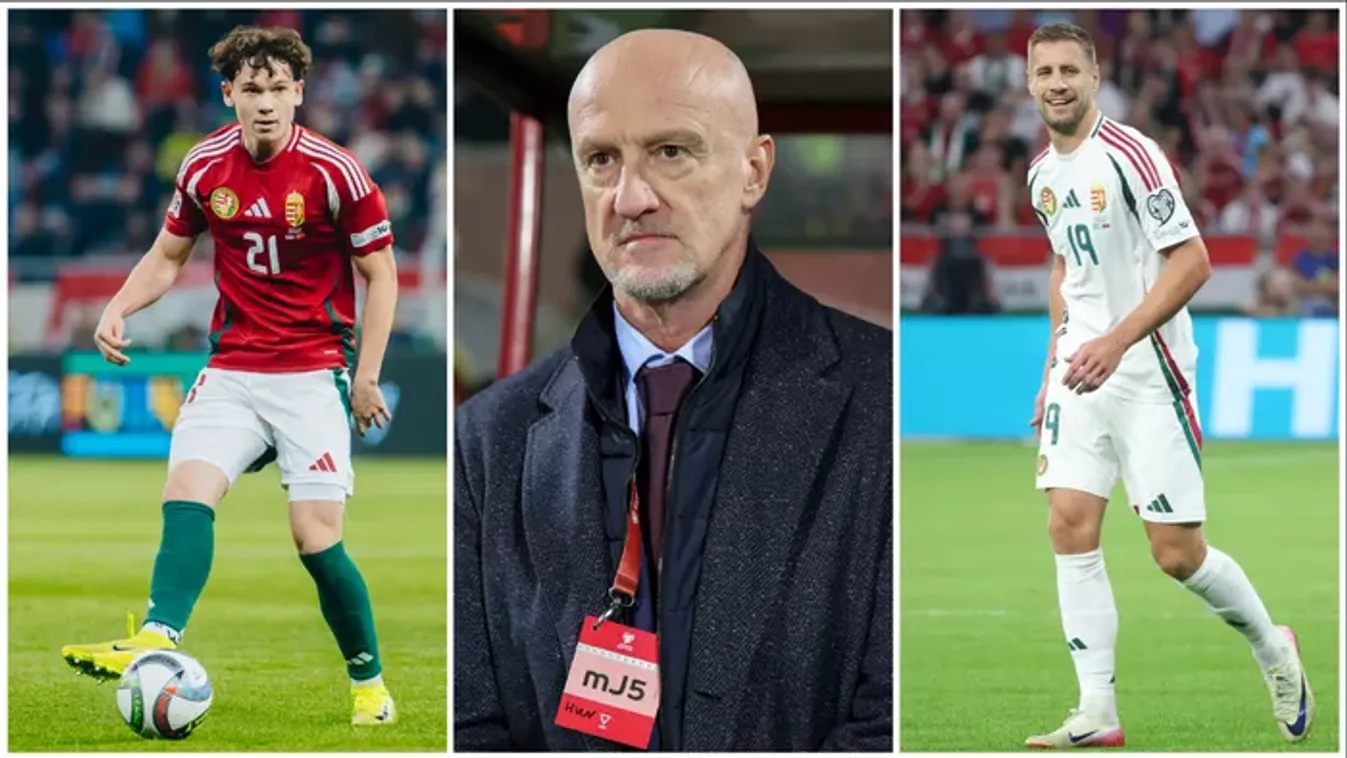Fabio Capello’s father was born in a Hungarian village
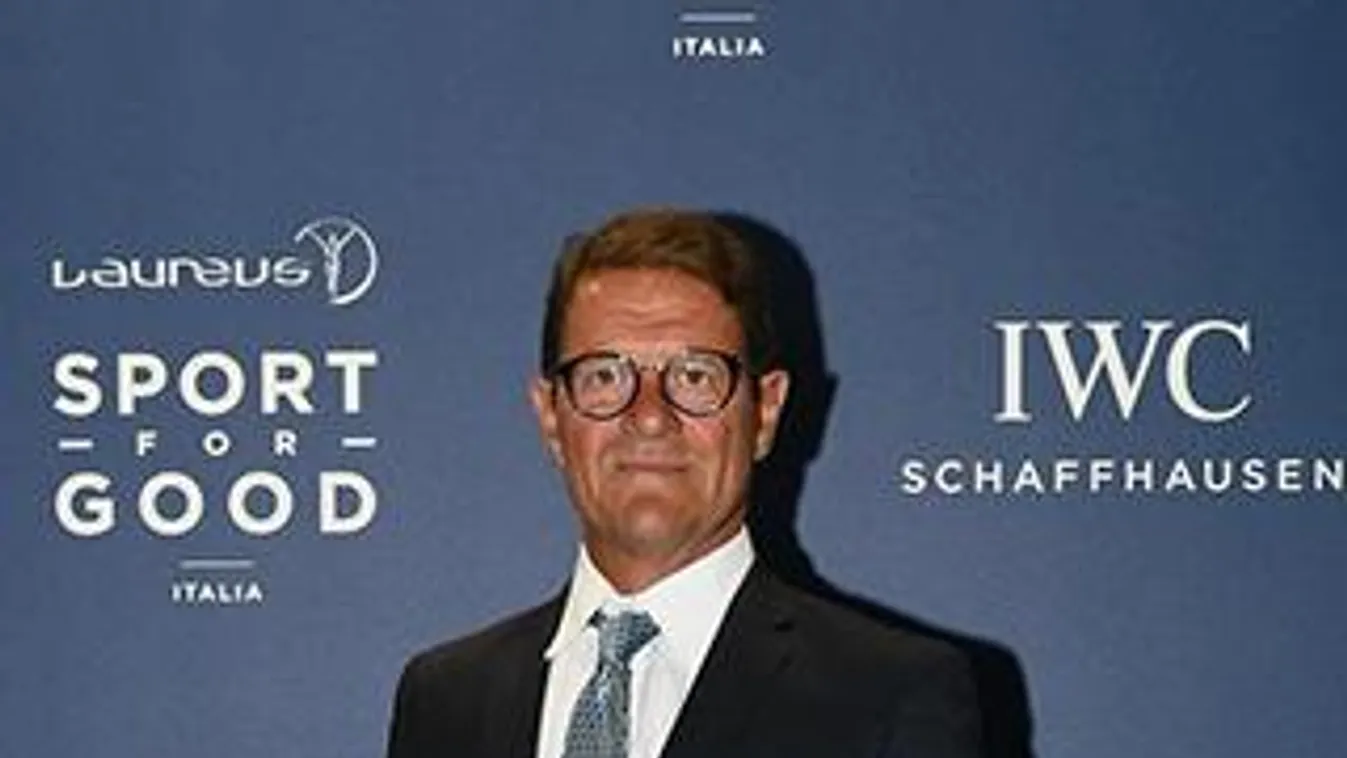
And what can be known about the roots of Italian Guerrino Capello who was born on Hungarian soil in 1915 during World War I?
Very little: Fabio Capello's recollections tell a lot about the toughness of his legendary father who passed away in 1983. He survived the concentration camp after he was captured by the Nazis during World War II, and then returned to his family's home in Pieris, Italy. But we can only guess how his parents got to Himesháza as citizens of Italy that was an enemy of Hungary as member of the Entente Powers during World War I.
According to a contemporary article in Pécsi Diary, in June 1915, a decree of the Ministry of the Interior provided for the internment of men between the ages of 18 and 50 among the “Italian subjects” living in Hungary (probably Fabio Capello's grandfather also fell into the category). However, there were not many Italians in Baranya county's countryside. The quoted newspaper wrote, “Ten to eleven Italian subjects live in Pécs.”
We cannot know the Capello family's situation at that time, and the conditions of the little Italian diaspora were difficult to deconstruct, especially reading the somewhat biased wording of the contemporary Hungarian press: “There are Italian subjects living in Pécs and even in the nearby mining communities who speak in the voice of the greatest outrage about Italy's behavior, they condemn the behavior they have shown towards us (Hungary) since the beginning of the war.”
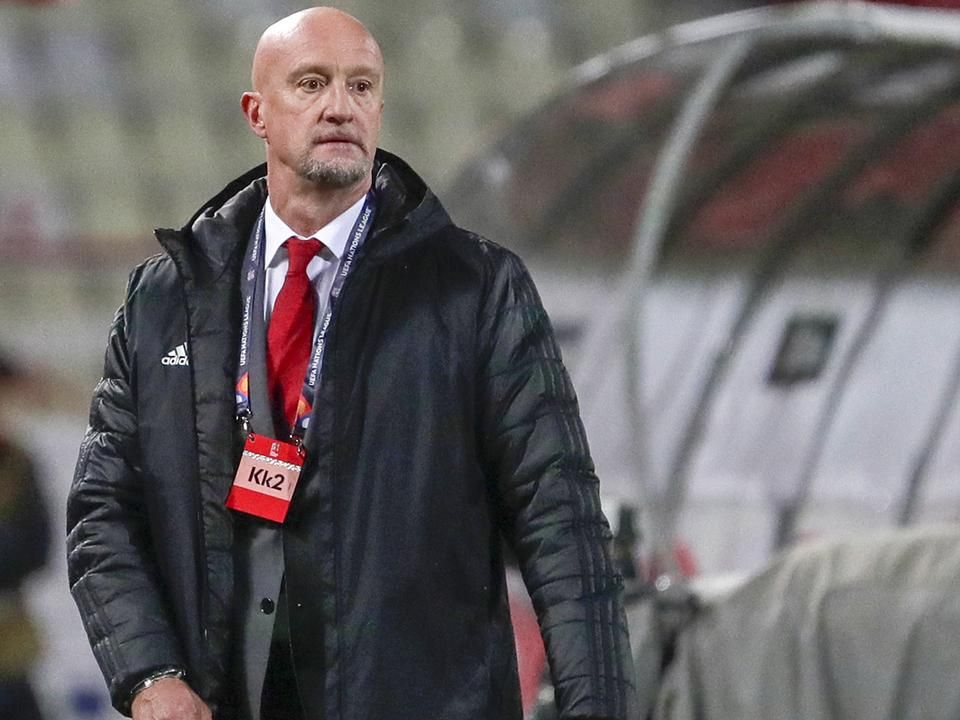
THE COACH OF THE YEAR, MARCO ROSSI – A VIRTUAL SURPRISE FROM CAPELLO
If Hungary's most popular team, the national football team is over a successful year in 2020, then the voting results for the Coach of the Year category wouldn't surprise anyone. Head coach Marco Rossi, who made Hungary qualify for the UEFA Euro 2020 and who helped the team finish first in the group stage in Nations League B, was chosen as winner based on 412 votes by sports journalists.
At the M4 Sport – The Athlete of the Year Gala, the award was accompanied by a “virtual surprise” for the 56-year-old Italian coach. The award was given to him through an online conversation by his compatriot, and one of the world's most famous coaches – formerly training Milan, Real Madrid, Rome, Juventus, England and Russia – Fabio Capello. Of course, only symbolically, due to the special circumstances, the physical handover could not take place, instead a cheerful conversation and an exciting professional exchange took place between the presenter and the prize winner, where Nemzeti Sport was also present in the online space.
“We met in Marbella last January. A year has passed since, and you look even more younger,” Rossi greeted his senior of 20 years in a friendly voice. Capello smiled and pointed to his head. “Well, I'm getting younger up here...”
After the cordial warm-up chat, the five-time Italian, two-time Spanish champion, Champions League-winning Italian coach praised the winner of the Coach of the Year award with kind words.
“I am delighted with your successes - especially as an Italian fellow - as well as the fact that Hungary made it to the European Championships. I, who have also worked abroad in England and Russia as a national team head coach, know what it is like to face difficulties in a situation like this, as well as how satisfied it is to see the fruits of labor. As an Italian, I am proud of your extraordinary achievements. You earned this award on the field for the work you did as the head coach of the national team and most importantly, as a coach you stewed well with your players' abilities, sending them prepared to matches while always respecting your opponents. Bravo, Marco! And there's something else a lot of journalists don't even know about. My father was born in Hungary, in Himesháza, so I can say that I have some Hungarian blood in me.”
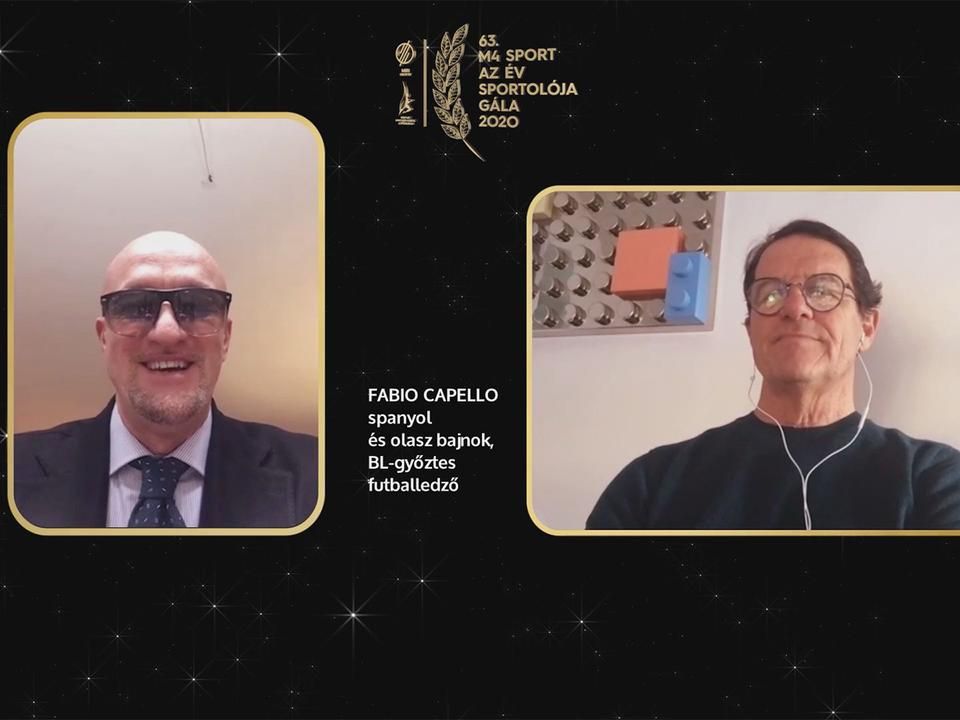
We couldn't see Rossi's eyes as he was wearing sunglasses (as found out later, he went through eye surgery in possible relation to the coronavirus), but based on his responses, the legendary Italian coach's praise meant a lot to him.
“I usually find words easily, but now they somehow come hardly. It is a great honor to speak to you, to hear your words of appreciation. It was good to know that you have a Hungarian connection through your family. I consider myself an adopted Hungarian, I arrived in Hungary in June 2012, and since then I have lived here except for a short period in Italy and a year spent in the Hungarian-inhabited region of Slovakia. I feel half-Hungarian, also because although there is no Hungarian blood flowing in me, my family, especially my grandfather, was a big fan of the Golden Team. The bond is very strong, I am doubly happy and proud to be the head coach of the Hungarian national team.”
The conversation then switched to professional topics. The two coaches exchanged experiences about the difficulties of team building, the difference between working as a club coach and a national team coach (Capello praised Rossi's success with Honvéd), the role of two or three puller players in the national team and personal topics. The new winner said his son, 28-year-old Simone, almost joined the Italian national water polo team that has recently played a World League qualifier against Hungary in Debrecen and won 9–8. He also talked about the virus they both went through. Capello and his wife got it in March, the disease came with limb and headaches, loss of taste and smell, only regaining strength after a long recovery.
They talked about the situation of the Hungarian coaches. Rossi praised the work of the other football candidate for The Coach of the Year award, Serhiy Rebrov in Ferencváros (in third place was Tamás Märcz, head coach of the Hungarian national water polo team). Then Capello discussed the hopes of the Hungarian youth teams. “I also watch the youth teams play, and I can say there are promising players. There is no lack of ingenuity, dexterity, technique. After a thorough analysis of recent years, we have come to the conclusion that in the past, many players preferred to stay within their comfort zone not looking for challenges. Members of the newer generation may already prefer to take the harder way. Another important factor is that there were also problems with self-confidence. Confidence, not to confuse with arrogance, is decisive. If you enter the field fearing your opponent and watching who plays on the other team, you have already lost the match.”
(Translator: Vanda Orosz)

